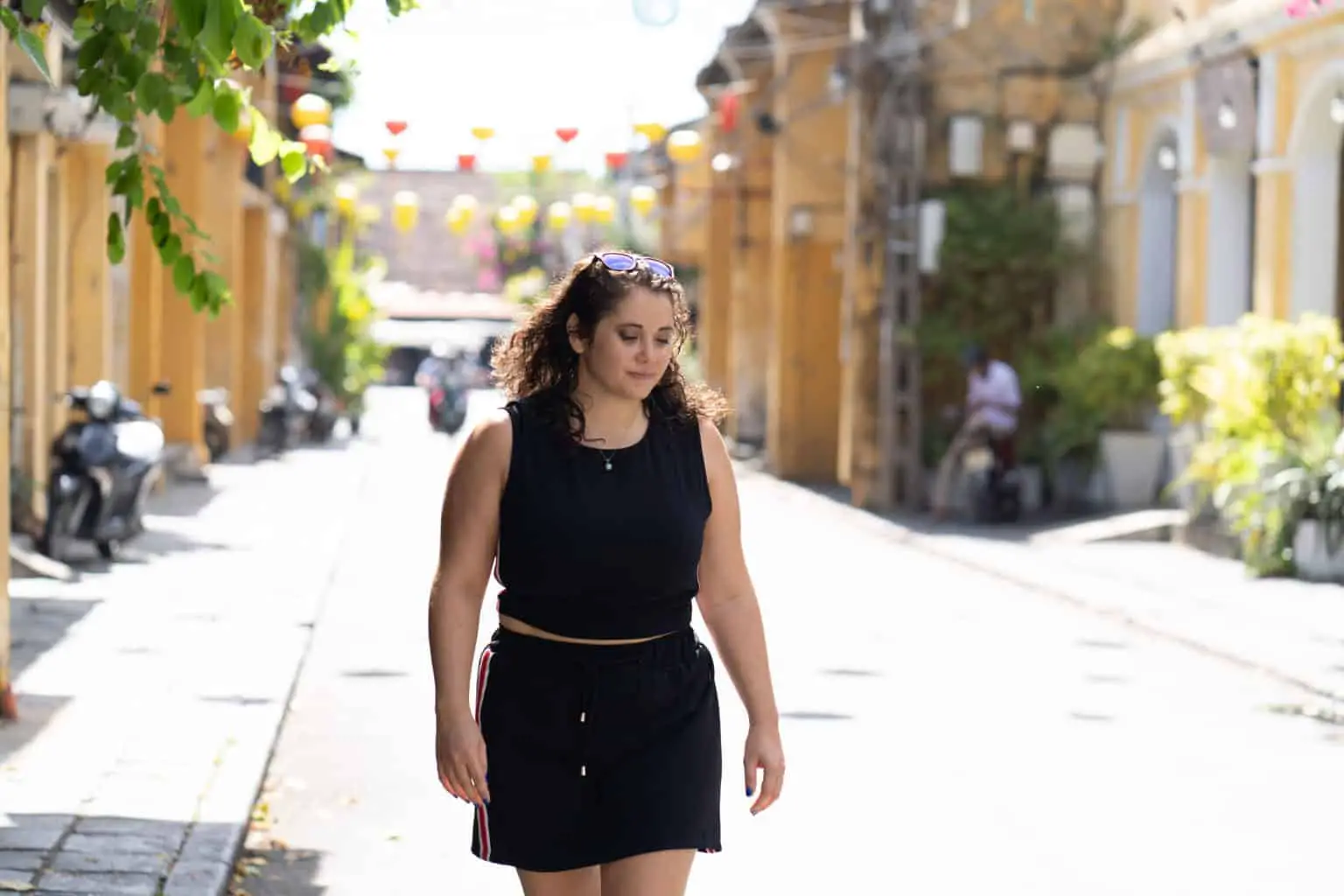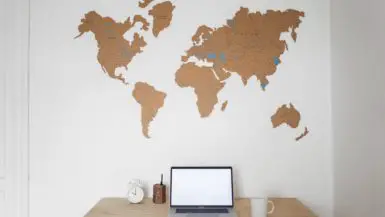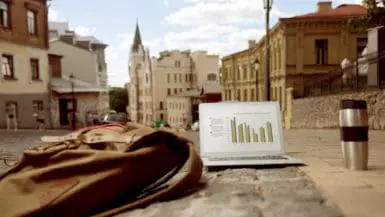I’m a multicultural and Latinx American digital nomad currently in Vietnam. I’m surrounded by non-Americans.
After George Floyd’s murder, at first, I tried to act normal. This is an American issue, I thought. I cannot expect non-Americans to understand, or to care.
Being multicultural, I am hyper-aware of race and privilege on a daily basis. I am also hypersensitive to it.
As the days dragged on, my inner turmoil grew. I isolated myself. I snapped at everyone. I couldn’t sleep. I was anxious all the time. I started forgetting things, burning things, and put my headphones in the washing machine. I wanted to be in the streets of Washington, D.C. protesting.
Then the world started protesting with us.
I saw one of my Dutch friends watching a Seth Meyers segment about the protests. I asked him about it, then immediately burst into tears and excused myself. He and another friend, both European, were waiting for me with tea when I emerged from the bathroom. Their kindness, genuine questions, and the fact that they were not American helped me explain things in a largely calm and gentle way — which I struggle to do with ignorant Americans. I get heated. It’s a privilege I can no longer afford myself.
Having the opportunity to be my true authentic self and express myself to my friends helped me transition from grief to action. And it helped me see that this is not an American issue: it is a global one.
Every society, every culture, every country on this planet deals with discrimination and prejudice. Racism and colorism take many forms, but they are not unique to the United States. Whether it is classism, the caste system, the way your government treats immigrants, refugees, and the most vulnerable, or the beauty standards in your country, there is plenty of racism to go around.
No more.
So, to my international friends who have asked me what they should do — here is what I have for you: work to dismantle racism and discrimination wherever you are closest to it, wherever you are most knowledgeable about it, and wherever you find it. Use your privilege and platforms wherever you have the most knowledge and the most influence.
I have been shocked and saddened to see how much racism is present within the expat community where I currently am in Vietnam. It boggles my mind how someone could come and live in another country, but be so disinterested in learning about, understanding, or respecting the local culture. Nomad friends, don’t be assholes.
And a few tips for my well-intentioned friends who are new to these topics and conversations:
- Read. Learn. Google. Do not ask someone else — especially a person of color — what to read or what to do. You have the same access to Google as they do. And they are tired. It is your responsibility to educate yourself and unlearn what society has embedded in you.
- Speak up. Silence is violence. It is better to make a mistake and say the wrong thing than not to say anything at all. Most importantly, call out racism when you see it. Be an ally. Do not put the burden on people of color to speak up, defend themselves, and call people out.
- Don’t make it about you. If you are not black, this is not about you. You don’t need to process your identity or your privilege out loud. Do not share the one time you experienced discrimination to show people you “understand.” If you are not black, you cannot understand the chronic stress and pain black folks go through every day of their lives. But try.
- If you get called out, don’t get defensive. We are all learning. We all have implicit biases. Stop. Listen. Apologize when you are wrong.
- Take action. Don’t just say you stand against racism. You must take concrete actions against racism and discrimination, both through your work or business, and in your personal capacity as a citizen of this world.
Photo credit: Le Van Hieu







Perfect response. As a Black American, I’ve been telling my White friends to educate themselves. If they still come back to me after I’ve told them to educate themselves, I’ve done what you did. I’ve told them to Google it. It is time white folks learned about what Black people have been tolerating for over 400 years. If they want to talk about what they have learned, I am open to a conversation.
Thank you for sharing.